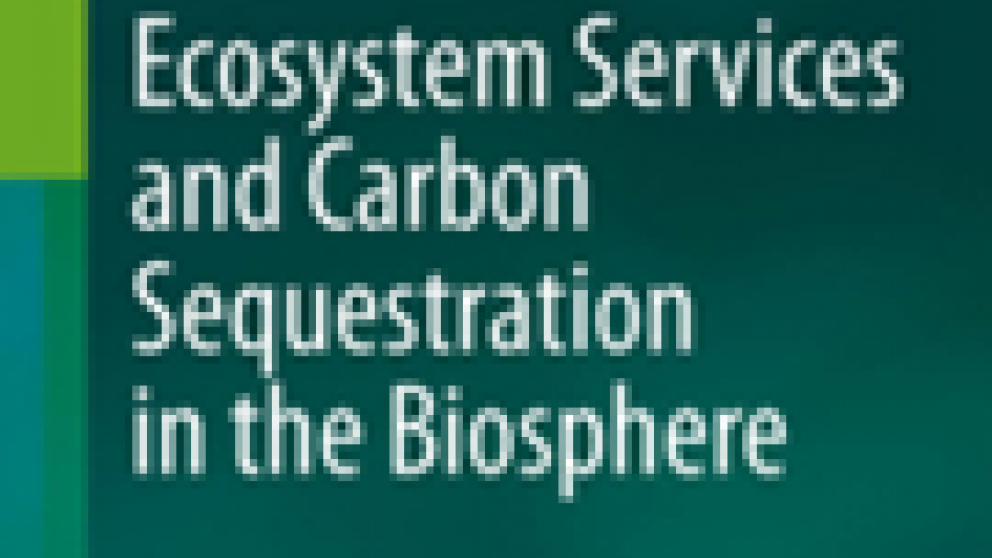IASS-Release: How will ecosystem services and human wellbeing be affected when more carbon is stored in soils?
26.07.2013

Deforestation and unsustainable agricultural land use practices have led to a loss of humus and, thus, carbon in our soils. Can we compensate for these historical losses and enrich soils with carbon? What are impacts of this carbon enrichment on ecosystems, their services and especially us humans?
The book „Ecoystem Services and Carbon Sequestration in the Biosphere“ published in June looks comprehensively into these topics, and discusses advantages and disadvantages of an enhanced carbon accumulation in soils. The renowned editorial team consists of Prof. Rattan Lal (The Ohio State University, USA), Dr. Klaus Lorenz (Institute for Advanced Sustainability Studies, Germany), Prof. Dr. Reinhard F. Hüttl and Dr. Bernd Uwe Schneider (both GFZ German Research Centre for Geosciences), Prof. Joachim von Braun (University of Bonn) and 50 authors from 11 countries. The book published by Springer succeeds the book „Recarbonization of the Biosphere – Ecosystems and the Global Carbon Cycle“.
Soils are the foundation of our food supply. Due to natural processes soils contain far more carbon than atmosphere and plants combined. However, soils contain currently less carbon than under natural conditions due to unsustainable agricultural soil and land-use management practices. Historical carbon losses, however, can be compensated by enhancing the formation of humus in soil. This enrichment of soils with carbon can improve the global supply with food and drinking water, the conservation of biodiversity and support strategies for adaption and mitigation of climate change. But how does the increased soil carbon accumulation affects ecosystems and their services? Here the book “Ecosystem Services and Carbon Sequestration in the Biosphere” makes an important contribution to the critical analysis and evaluation of the pros and cons. The accumulation of carbon in soils has a positive effect on the production of food, animal feed, fibre (wood) and biofuel but may negatively affect the water cycle. Based on the findings in the book, sustainable soil and land use management practices can be recommended which will lead to enhanced humus accumulation while maintaining the ecosystem services or even promoting them in the long term.
Policy incentives are needed in addition to a scientific analysis and evaluation of carbon accumulation. The authors emphasise that policies must effectively support efforts on local, regional and global levels. However, there is currently no consensus on how to manage and use global commons in the age of the Anthropocene. The authors do not see a timely solution in waiting for a global agreement. Therefore, already existing and successful practices for enhanced carbon accumulation in soils (such as reduced tillage, fertilization with manure and compost, year-round soil cover with plant litter) and their effects on ecosystem services should be used as models.
Education and training are essential in order to create awareness for the benefits of enhanced carbon accumulation in soils and their effects on ecosystem services. In the final book chapter, central research and development tasks are presented with the aim to incorporate these findings into global soil policy.
Lal, R.; Lorenz, K.; Hüttl, R.F.; Schneider, B.U.; von Braun, P.J. (Eds.)
Ecosystem Services and Carbon Sequestration in the Biosphere
ISBN: 978-94-007-6454-5
464 pages